Sir, the High School Graduation Exam with the participation of more than 1 million candidates nationwide has received great attention from public opinion. Some people say that the exam has revealed shortcomings due to its "dual" goals, and that a common exam should be terminated. What is your opinion on the current reality of teaching and testing?
For many years, the Ministry of Education and Training has maintained the organization of the High School Graduation Exam with the purposes of considering graduation, evaluating teaching in high schools and using the results as a basis for schools to enroll students.
I think that it is not advisable to combine many objectives in one exam, which will make it difficult to achieve the desired results. In fact, to achieve this goal, the exam must ensure basic knowledge in textbooks for the majority of students to achieve, but must also have differentiation for university admission. The question is, in each exam, what percentage of differentiation questions is reasonable and whether this level is equal among subjects or not is always a matter of debate after each exam.
In my opinion, after each level of education, there should still be an exam to assess the quality of students, including primary and secondary schools. With the view that once you have studied, you must take the exam, this puts students in the mindset of always studying seriously and at the same time evaluating the teaching results of teachers, from which appropriate adjustments can be made.
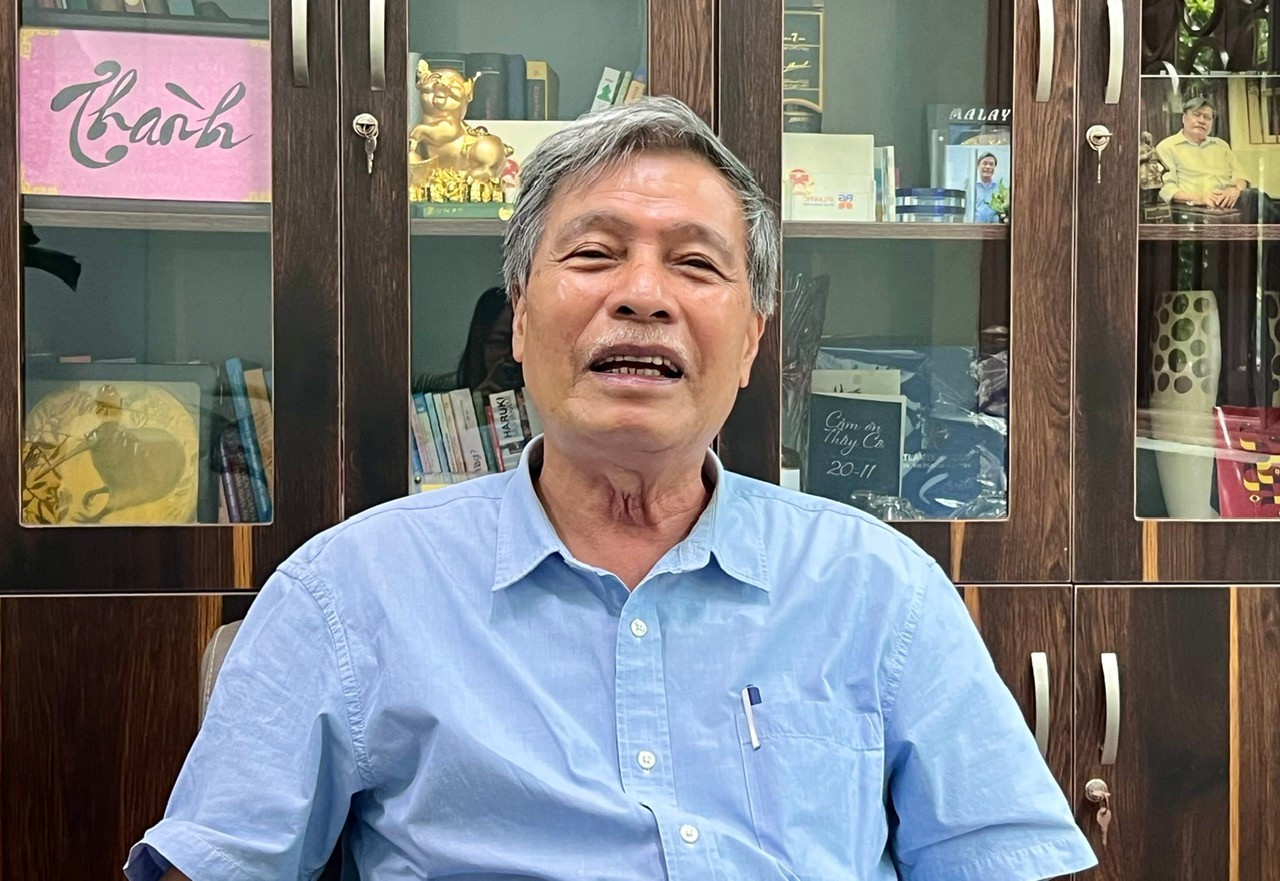
The graduation exam should be organized by localities in a gentle way, testing basic knowledge in textbooks to grant certificates to students who have completed their high school education. Universities and academies should have appropriate enrollment plans, in which schools that do not have the conditions to enroll students can use the exam results of other schools. For example, the results of the Competency Assessment Exam (National University), the Thinking Assessment of Hanoi University of Science and Technology. Many countries, including the US, have thousands of universities but do not organize a common exam for enrollment.
In a recent meeting with the Ministry of Education and Training, I also gave my opinion that the Ministry of Education and Training's policy is to limit extra teaching and learning, but the exam questions are of increased difficulty, such as Math and English. Without practice and extra learning, students will hardly be able to do it.
We raise the issue of reducing costs and pressure on society, but in reality, it is not possible to calculate how much money parents have spent on extra classes and exam preparation with the current testing method. I know that there are students who take 5-6 exams including graduation, IELTS, SAT, thinking assessment, ability assessment... to get the best results for university admission. Parents spend a lot of money and students are also under great pressure. On the other hand, this does not ensure fairness for all students in localities, especially in difficult areas, without the economic conditions to practice for certificate exams, practice taking exams on computers.
The problem with restricting extra teaching
Circular 29 of the Ministry of Education and Training has been in effect for half a year now. There have been many supportive opinions but also many recommendations and proposals that need to be adjusted more appropriately. From the reality of teaching at school, can you tell us if there are any problems or difficulties that need to be resolved?
A class in our primary, secondary and high schools currently has around 40 students, which is too crowded, making it difficult to require teachers to ensure consistent output quality. In the class there will be good students, good students, average students, and even weak students. With the prescribed duration of 45 minutes/class, teachers cannot support each student. If there is tutoring to help weak students improve, it is only for a certain period of time, and cannot be extended without charging fees.
When talking with professors and experts, we also affirmed that it is impossible to limit extra teaching and learning. Because it comes from practical needs, good students want to study to be better, good students want to improve to be good, and weak students want to improve to be good. Besides, for many different reasons related to busy work, lack of teaching skills, etc., parents will let their children take extra classes or hire tutors.
On the teachers’ side, they also have the need to teach extra classes to earn more income. In fact, the current salary of teachers, even if increased, still cannot ensure the life for their families and children. For a long time, teachers in many places have worked in different jobs to improve their income, but these are all side jobs. Therefore, it is necessary to create a mechanism and have appropriate management methods so that teachers can work extra in their profession.
Circular 29 allows teachers to teach extra classes at centers, only “forbidding” them from teaching their own students, but in reality, teachers in class are the ones who understand each student’s abilities. When they go to the center, they can exchange students with each other to teach.
When “schools close”, students take extra classes at centers with very high fees while the facilities are not up to standard. Students have to study in houses in alleys, classrooms are not safe.
Previously, at school, in addition to good and weak students who were given free training by the school, I allowed teachers to take advantage of the facilities to teach students right in the school. After school hours, teachers who wanted to teach extra classes would register with the principal about the students and the teaching content to improve the capacity of those in need. Teachers taught in school classrooms with electricity, air conditioning, and security staff. Thus, students could study in a clean, airy, safe place, with proper teachers teaching, without having to secretly rent a room in the alley.
However, I tell teachers, the line between tutoring to help students improve and making money off of students is very thin. Anyone who makes things difficult, gives unfair grades to students or charges excessive fees causing a stir will be warned, even disciplined. As a teacher, you must maintain your professional dignity.
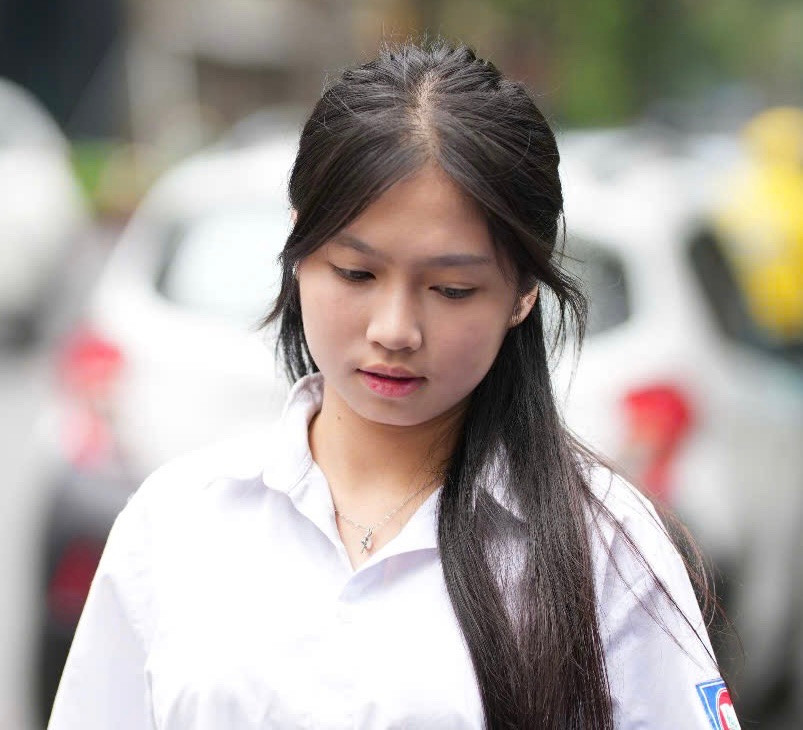
Since Circular 29, the school has been forced to stop doing that, only reviewing for final year students, weak students, and excellent students according to regulations. But I still worry that the staff and teachers have been attached to the school, so we need to create mechanisms and conditions for them to live well. If there is more work, stricter management, and more stress, there will be a situation where good teachers leave the profession. Brain drain is painful because recruiting a good person, trained for many years, with experience is not easy.
Dear Associate Professor, the new school year is approaching, with the graduation exam being innovative and clearly differentiated like this year, what teaching methods will high schools have to adopt to meet the exam requirements?
- Implementing the new General Education Program, in addition to compulsory subjects, students entering grade 10 can choose a subject combination. However, the current subject combination in some schools, due to staff and facilities conditions, is quite rigid, only limited to the Natural Sciences and Social Sciences groups, and students face difficulties if they change. Over the years, it has been shown that the majority of students choose Social Sciences, avoiding Physics and Chemistry, while these are subjects that provide basic, necessary foundational knowledge for future life. No matter what major or profession they study, people use a lot of Physics and Chemistry knowledge every day.
I tell a real story, in a topic about environmental pollution, the greenhouse effect, the expert asked about 500 students in grades 10-12: What gas causes the greenhouse effect? At that time, the whole hall was silent. When asked for the third time, a student timidly said: "Teacher, nitrogen gas". Or a student studying at a specialized school, having won a scholarship to prepare to go abroad but was worried about failing Physics and Chemistry in the graduation exam because he had neglected them for a long time.
That reality shows that management needs to have appropriate solutions for basic science fields to attract students and train future human resources.
In general schools, next school year, schools and teachers will also have to continue to innovate teaching methods to develop students' abilities and thinking.
Since implementing the new program, we have considered textbooks as learning materials and thoroughly understood that teachers cannot focus on teaching according to textbooks anymore but need to teach students how to learn so that they can learn and discover more knowledge on their own. Students today also have the advantage that there are many sample questions online, many teachers, classmates, and students can refer to.

Deputy Minister Pham Ngoc Thuong: We should not be too concerned about points 9 and 10.

Researcher Nguyen Quoc Vuong: 'High school graduation exams should be abolished because they are no longer necessary'

Students' thoughts before the 2025 High School Graduation Exam
Source: https://tienphong.vn/pgstsngut-dang-quoc-thong-can-dieu-chinh-ky-thi-tot-nghiep-thpt-phu-hop-thuc-te-post1765548.tpo


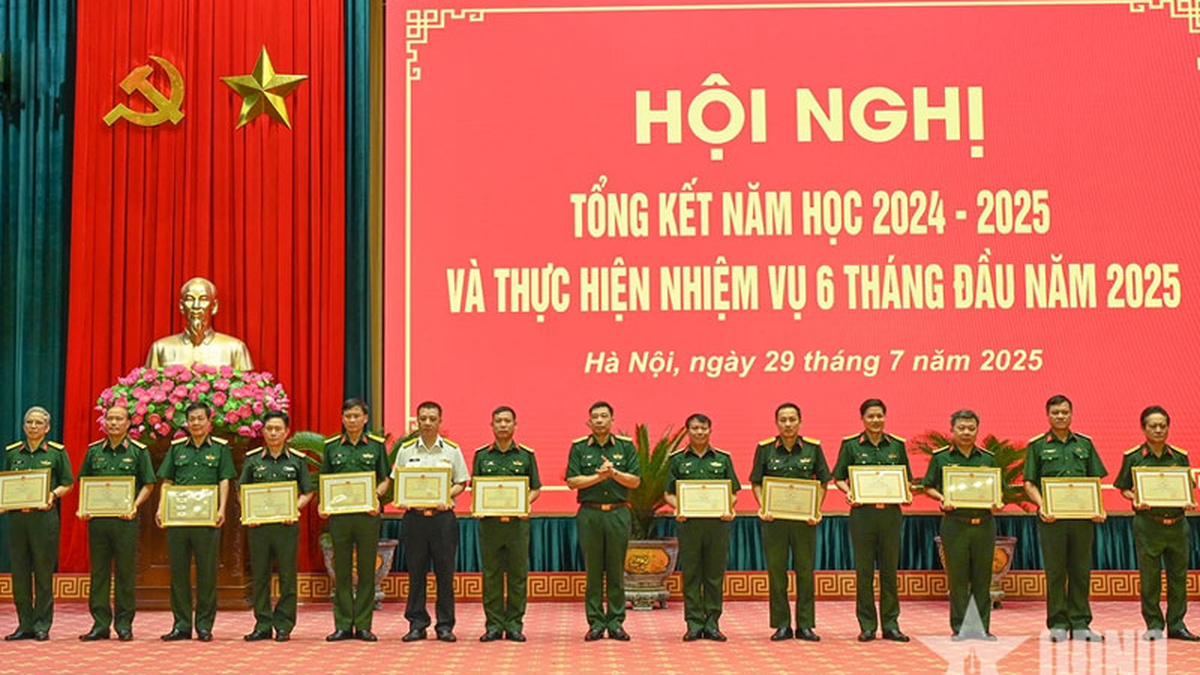
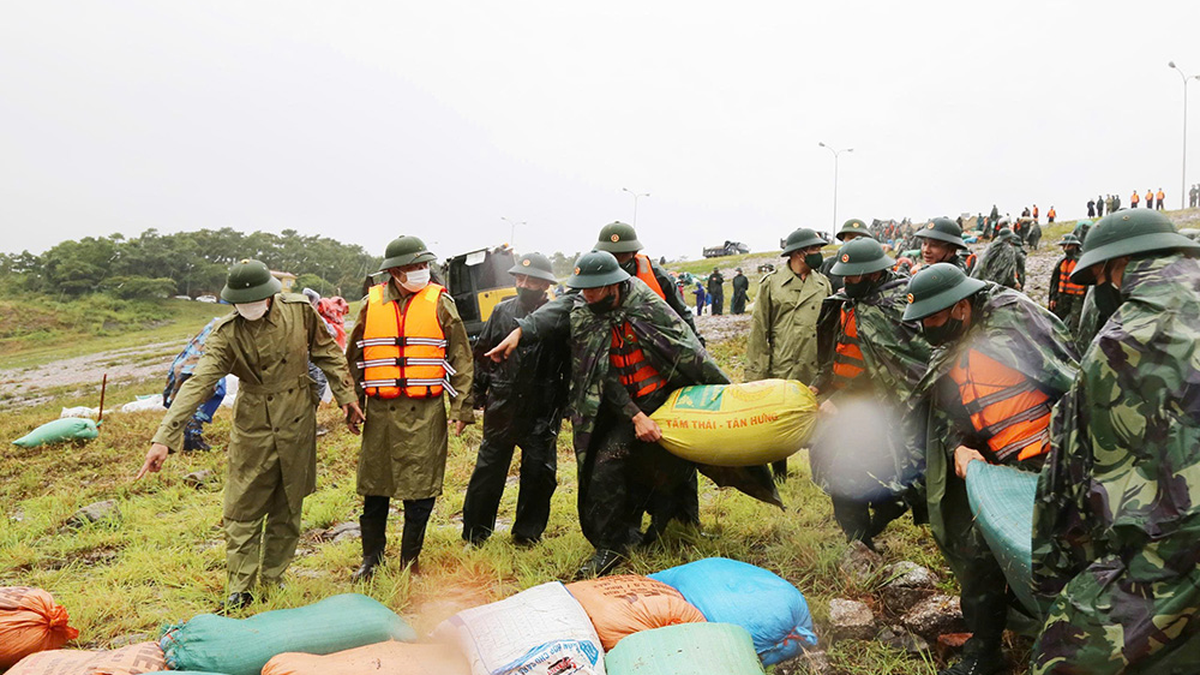
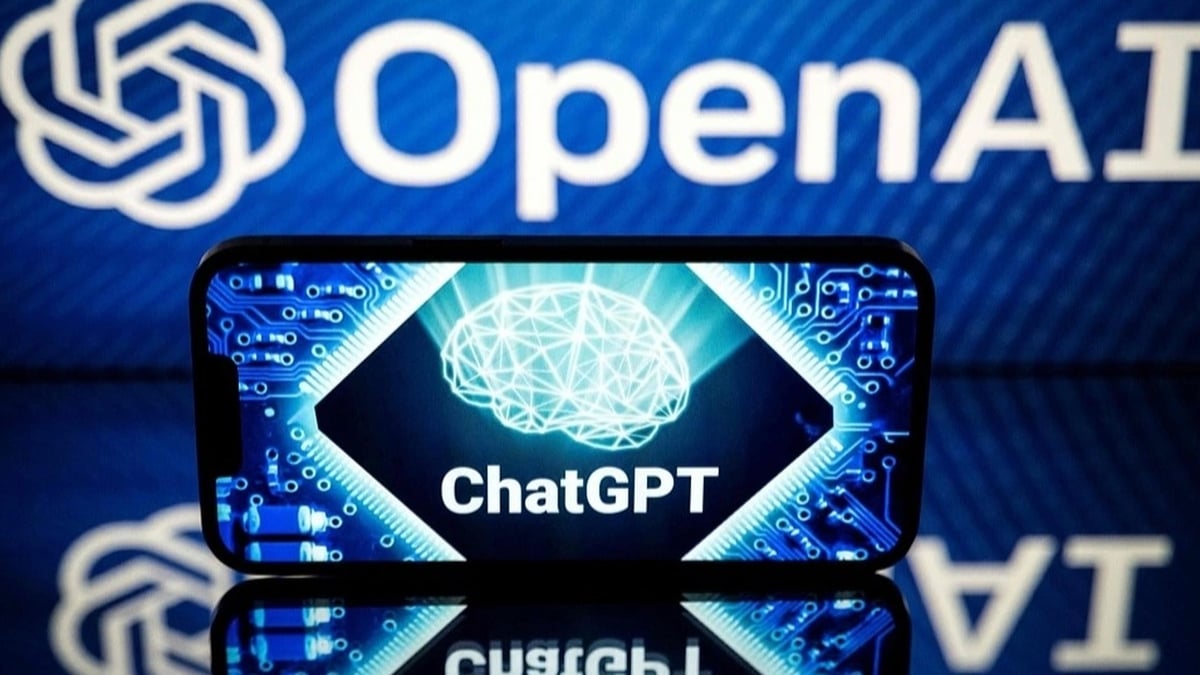
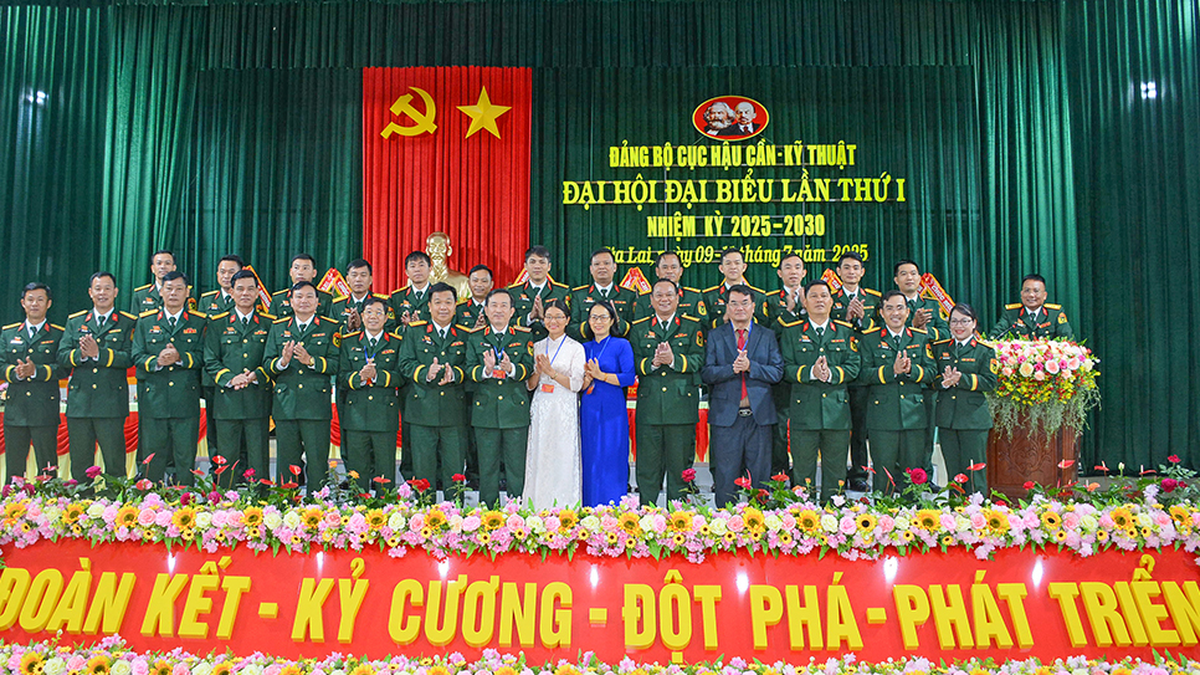




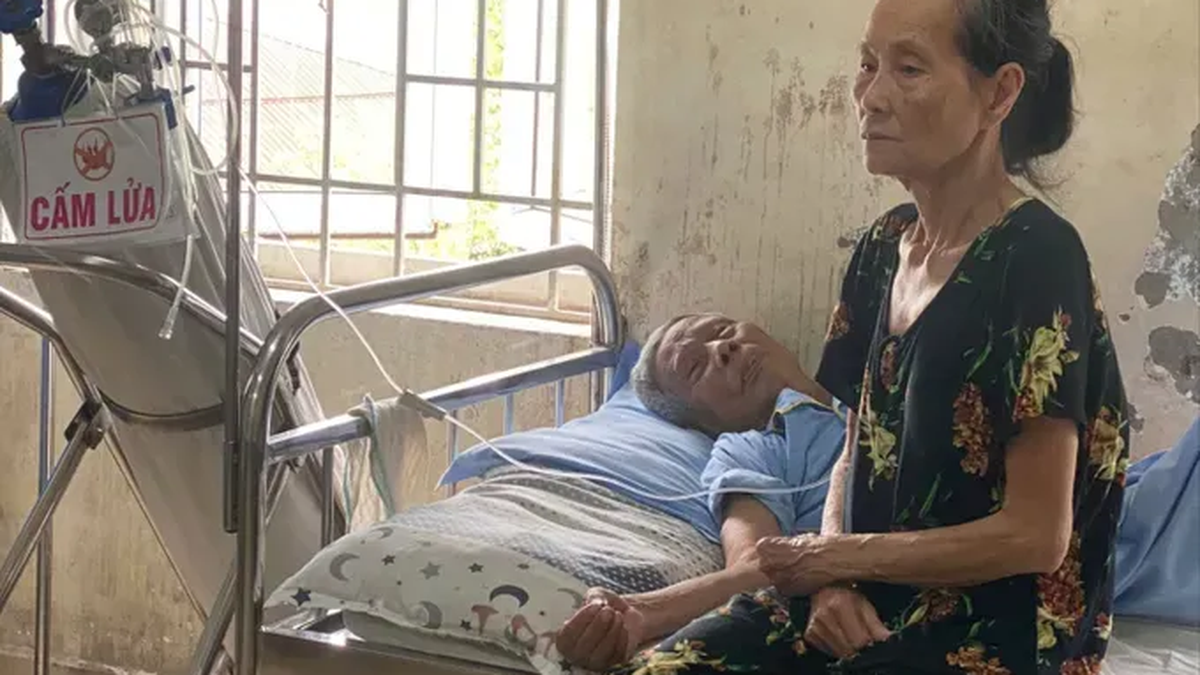











































![[Maritime News] Two Evergreen ships in a row: More than 50 containers fell into the sea](https://vphoto.vietnam.vn/thumb/402x226/vietnam/resource/IMAGE/2025/8/4/7c4aab5ced9d4b0e893092ffc2be8327)








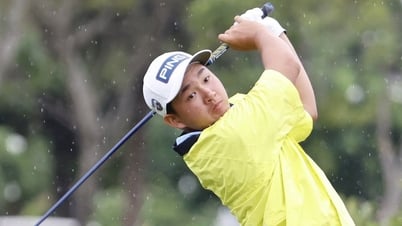
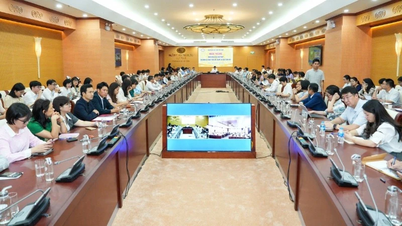

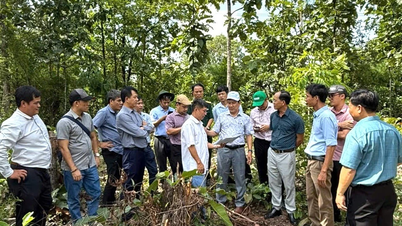










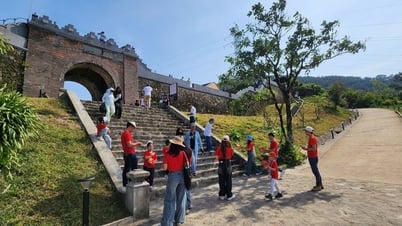



















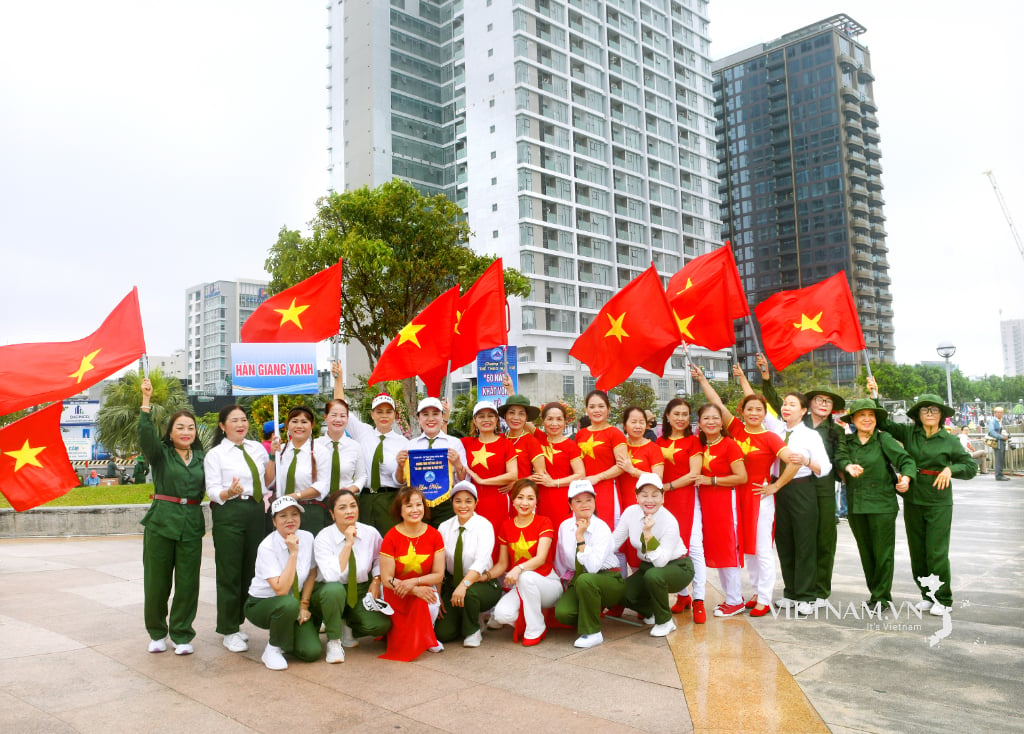

Comment (0)